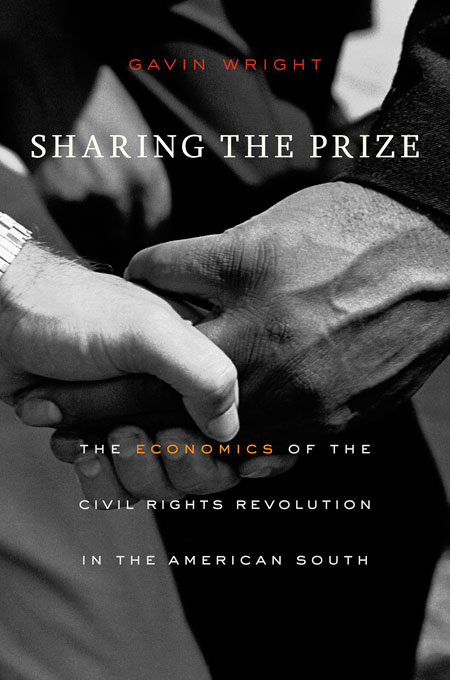

Most ebook files are in PDF format, so you can easily read them using various software such as Foxit Reader or directly on the Google Chrome browser.
Some ebook files are released by publishers in other formats such as .awz, .mobi, .epub, .fb2, etc. You may need to install specific software to read these formats on mobile/PC, such as Calibre.
Please read the tutorial at this link: https://ebookbell.com/faq
We offer FREE conversion to the popular formats you request; however, this may take some time. Therefore, right after payment, please email us, and we will try to provide the service as quickly as possible.
For some exceptional file formats or broken links (if any), please refrain from opening any disputes. Instead, email us first, and we will try to assist within a maximum of 6 hours.
EbookBell Team

4.1
30 reviewsThe civil rights movement was also a struggle for economic justice, one that until now has not had its own history. Sharing the Prize demonstrates the significant material gains black southerners made―in improved job opportunities, quality of education, and health care―from the 1960s to the 1970s and beyond. Because black advances did not come at the expense of southern whites, Gavin Wright argues, the civil rights struggle was that rarest of social revolutions: one that benefits both sides.
From the beginning, black activists sought economic justice in addition to full legal rights. The southern bus boycotts and lunch counter sit-ins were famous acts of civil disobedience, but they were also demands for jobs in the very services being denied blacks. In the period of enforced desegregation following the passage of the Civil Rights Act of 1964 and the Voting Rights Act of 1965, the wages of southern black workers increased dramatically. Wright’s painstaking documentation of this fact undermines beliefs that government intervention was unnecessary, that discrimination was irrational, and that segregation would gradually disappear once the market was allowed to work. Wright also explains why white southerners defended for so long a system that failed to serve their own best interests.
Sharing the Prize makes clear that the material benefits of the civil rights acts of the 1960s are as significant as the moral ones―an especially timely achievement as these monumental pieces of legislation, and the efficacy of governmental intervention more broadly, face new challenges.